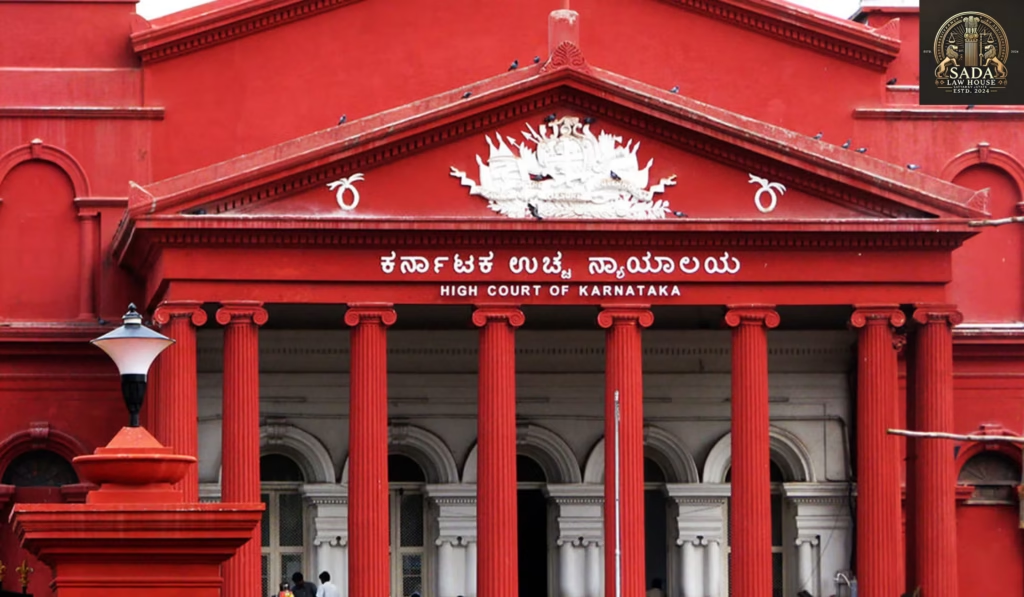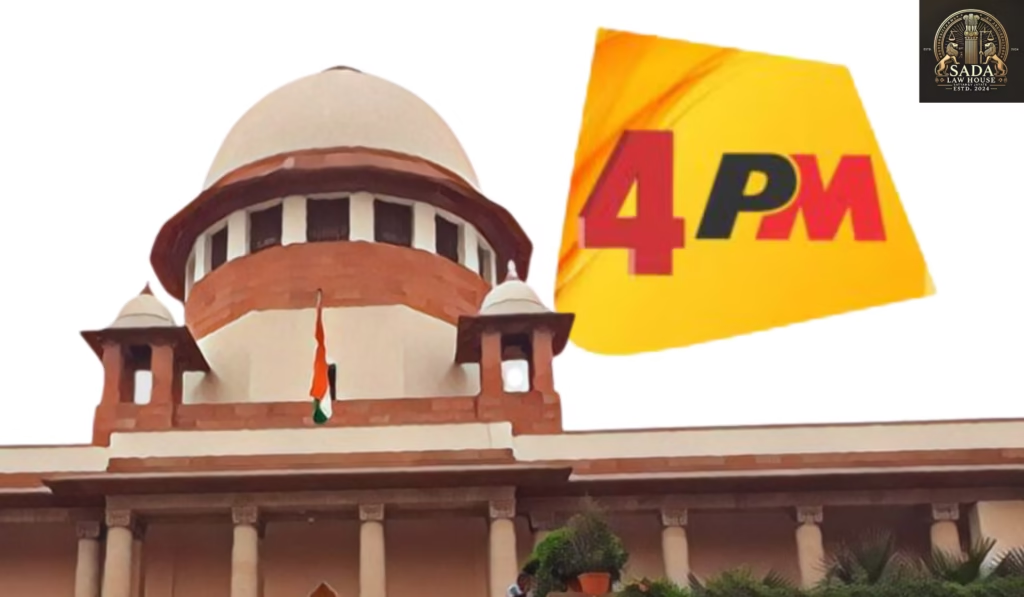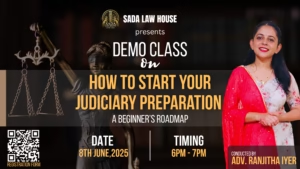Karnataka High Court Rules Police Cannot Access Call Records Without Justified Investigation
Trending Today Supreme Court Clears Teacher of Abetment Charges in Student Suicide Case Under Section 306 IPC Kerala High Court Upholds Trial of Bank Employee Accused of Threatening to Kill Chief Minister JOB OPPORTUNITY AT PUNJABI UNIVERSITY, BATHINDA COLLEGE OF LAW LEGAL JOB OPPORTUNITY AT BHARATI VIDYAPEETH Karnataka High Court Rules Police Cannot Access Call Records Without Justified Investigation LEGAL JOB OPPORTUNITY AT RMLNLU LEGAL JOB OPPORTUNITY AT SULA VINEYARDS LEGAL JOB OPPORTUNITY AT BLACKROCK, MUMBAI LEGAL JOB OPPORTUNITY AT RGNUL INTERNSHIP OPPORTUNITY AT VINOD KOTHARI & CO. Karnataka High Court Rules Police Cannot Access Call Records Without Justified Investigation Prabhat Kumar Biltoria 01 May 2025 In a historic verdict, the Supreme Court of India invalidated the premature release of 11 convicts in the The Karnataka High Court has ruled that police cannot access an individual’s call detail records (CDRs) without a justified investigation, reinforcing the right to privacy under Indian law. Learn more about the case and its legal implications. Introduction: Right to Privacy vs. Police Powers In a significant legal development, the Karnataka High Court has reaffirmed that call detail records (CDRs) are private and cannot be accessed by police without a legitimate investigation. This ruling highlights the growing importance of the right to privacy in India, especially concerning digital data protection and law enforcement practices. Court Case Summary: Illegal Access to CDRs by Police Officer Background of the Case The case revolves around Sub-Inspector Vidya VM of Byatarayanapura Police Station, who allegedly accessed a woman’s CDRs without lawful authority. The complainant accused the officer of obtaining and misusing her CDRs, causing emotional distress. The accused officer, along with others, is facing criminal charges under various sections of the Indian Penal Code including: Section 354(D) – Stalking Section 409 – Criminal breach of trust Section 506 – Criminal intimidation Section 509 – Insulting modesty of a woman They are also charged under the Information Technology Act, 2000, including: Section 66(D) – Cheating by personation using computer resources Section 66(E) – Violation of privacy Court’s Findings: Privacy is a Fundamental Right No Relief for the Accused Officer Justice Suraj Govindaraj, while hearing the plea, emphasized that CDRs are personal and confidential data. The Court clarified that police can only request such data when it is absolutely necessary for a lawful investigation. The judge referred to the Supreme Court of India’s landmark Puttaswamy judgment, which recognized privacy as a fundamental right under Article 21 of the Constitution of India. Any deviation from this principle, such as unwarranted surveillance or data collection, could push the country towards a “police state”. Misuse of Personal Data Raises Concern The complainant alleged that her CDRs were shared with individuals against whom she had previously filed another complaint. This breach not only affected her personally but also posed a serious threat to the integrity of lawful police procedures. Legal Implications: Upholding Digital Privacy in India This ruling sends a strong message about the limits of police power in digital surveillance. It highlights the need for: Strict adherence to lawful procedures Protection of personal data Increased accountability in law enforcement Conclusion: Balancing Security and Civil Liberties The Karnataka High Court’s decision is a crucial step in reinforcing the digital rights of citizens. It ensures that law enforcement agencies in India cannot bypass the law to collect personal data like CDRs without genuine investigative necessity. As India continues to digitize its legal and governance systems, rulings like this strengthen trust in the judiciary and protect individuals from potential misuse of power. Frequently Asked Questions (FAQs) What are Call Detail Records (CDRs)? CDRs are logs maintained by telecom providers that include information such as phone numbers, call durations, and timestamps—but not the actual content of the conversation. Is accessing CDRs without consent legal in India? No, call detail records can only be accessed by authorized officers during a lawful investigation. Unlawful access violates the right to privacy in India. What was the Puttaswamy case? It was a landmark Supreme Court ruling in 2017 that declared the right to privacy a fundamental right under the Indian Constitution. Leave a Reply Cancel Reply Logged in as Sadalaw. Edit your profile. Log out? Required fields are marked * Message* Case Laws WazirX Hack Explained: Legal Analysis and Cryptocurrency Security Lessons from India’s Biggest Crypto Breach WazirX Hack Explained: Legal Analysis and Cryptocurrency Security Lessons from India’s Biggest Crypto Breach Sadalaw • May 30, 2025 • Case law • No Comments State of West Bengal vs Union of India 2024: Supreme Court Judgment on CBI Jurisdiction and Consent Withdrawal under DSPE Act State of West Bengal vs Union of India 2024: Supreme Court Judgment on CBI Jurisdiction and Consent Withdrawal under DSPE Act Sada Law • May 27, 2025 • Case law • No Comments Supreme Court Rules Cheque Dishonour Is Not a Continuing Cause for Arbitration Under Section 138 NI Act Supreme Court Rules Cheque Dishonour Is Not a Continuing Cause for Arbitration Under Section 138 NI Act Sada Law • May 25, 2025 • Case law • No Comments 1 2 3 … 5 Next »




